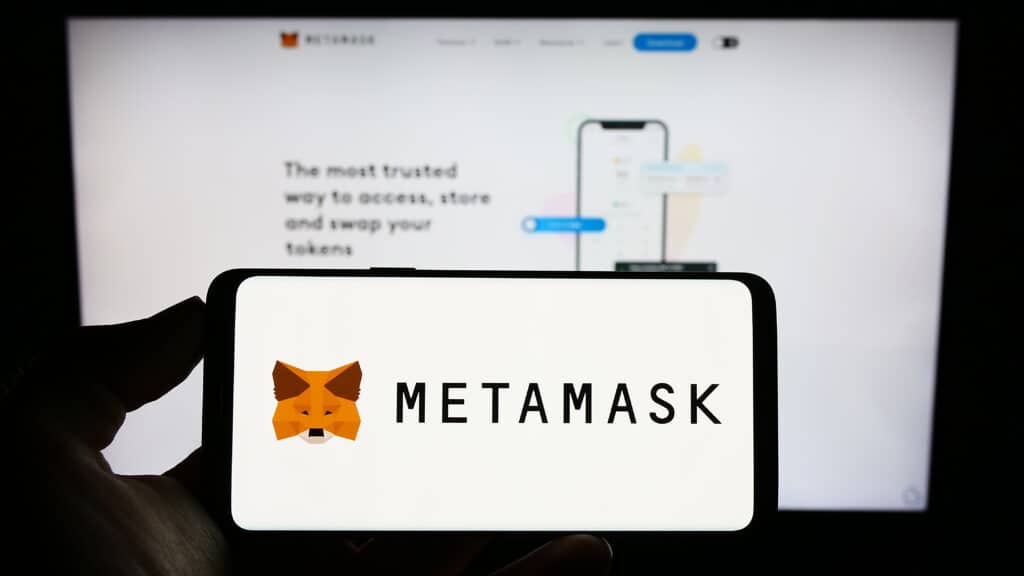
Key Takeaways:
- The U.S. SEC has filed a lawsuit against Consensys for operating as an unregistered broker and selling unregistered securities via MetaMask Swaps since 2020.
- Consensys allegedly collected over $250 million in fees from unregistered crypto transactions and staking services, depriving investors of crucial protections.
- The SEC is seeking a permanent injunction, civil penalties, and other relief against Consensys, which is also accused of facilitating unregistered investments in Lido and Rocket Pool’s staking programs.
The U.S. SEC has filed a lawsuit against Consensys, MetaMask’s parent company, for operating as an unregistered broker and selling unregistered securities via MetaMask Swaps since 2020.
The SEC alleges Consensys collected over $250 million in fees from unregistered crypto transactions and staking services, depriving investors of crucial protections.
BREAKING: 🇺🇸 SEC has filed a lawsuit against Consensys, claiming that MetaMask operates as an unregistered securities broker.
— Whale Insider (@WhaleInsider) June 28, 2024
The regulator seeks a permanent injunction, civil penalties, and other relief.
Consensys is also accused of facilitating unregistered investments in Lido and Rocket Pool’s staking programs, acting as an intermediary and underwriter without proper registration.
Oh the irony.
— The Wolf Of All Streets (@scottmelker) June 28, 2024
Today the SEC charged Consensys over MetaMask and named a number of crypto assets securities.
Today the Supreme Court ruled in the Chevron case that the SEC does not have the power to deem assets securities.
God speed, SEC.
In April, Consensys sued the SEC, challenging its authority to classify Ether and related staking services as securities, arguing the SEC’s overreach.
The SEC has targeted other staking providers, such as Kraken, which settled for $30 million and ceased U.S. staking services.
The SEC claims staking programs are investment contracts, thus securities, requiring registration.

